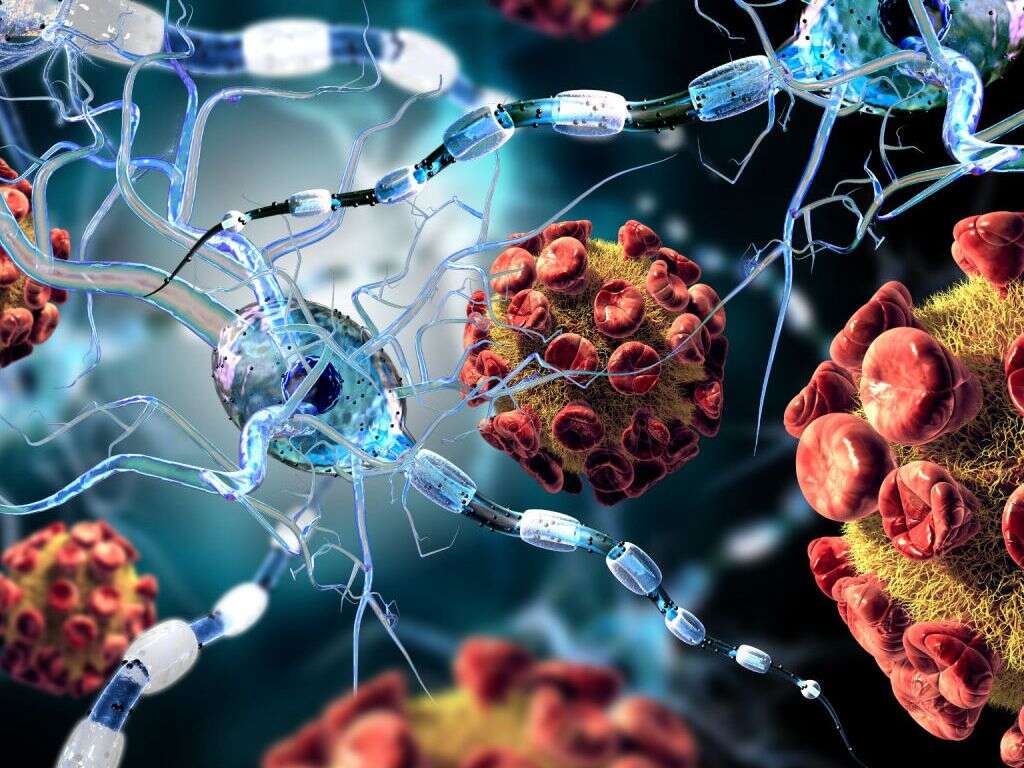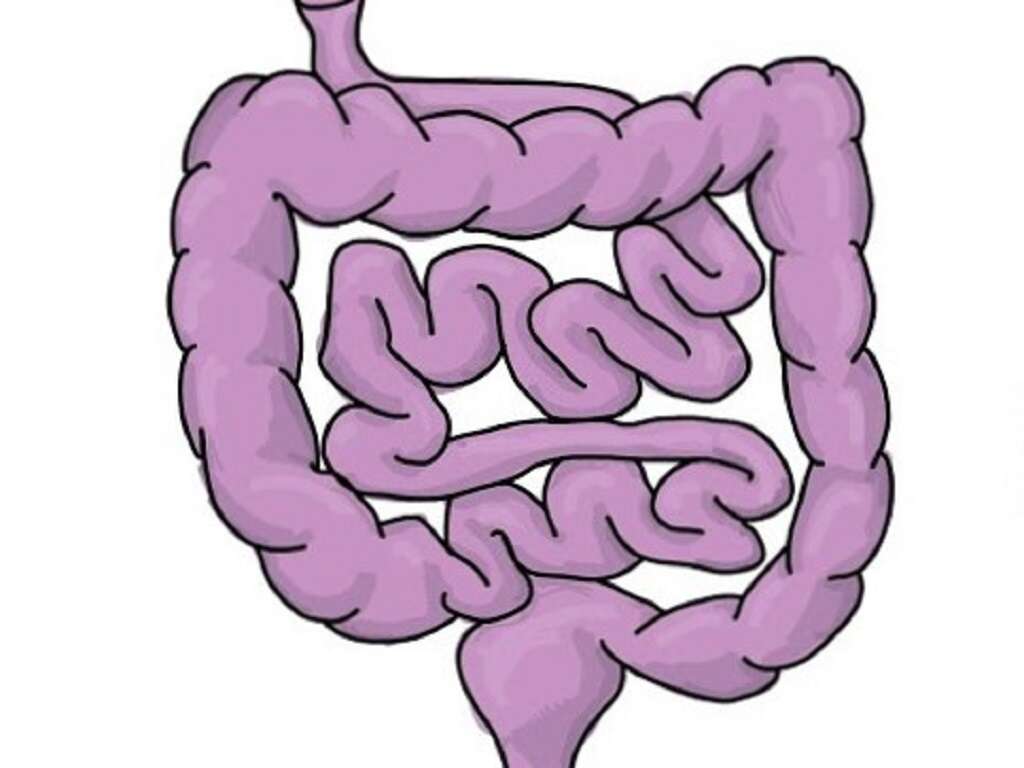10 IBS Symptoms
Irritable Bowel Syndrome, also known as IBS, is a disorder of the gastrointestinal tract that is characterized by abdominal pain and changes in the bowel habit without any specific organic pathology. It is a fairly common condition, although most people only experience quite mild symptoms. For others though, the symptoms can be quite severe and lead to a significant decrease in quality of life. IBS can affect a person’s ability to work and form relationships.
IBS is a chronic condition and usually stays with the sufferer throughout their life. The condition can often be managed, though, so that it has little to no real impact on the lives of many sufferers. Here are some of the most common symptoms that sufferers of IBS are likely to encounter.
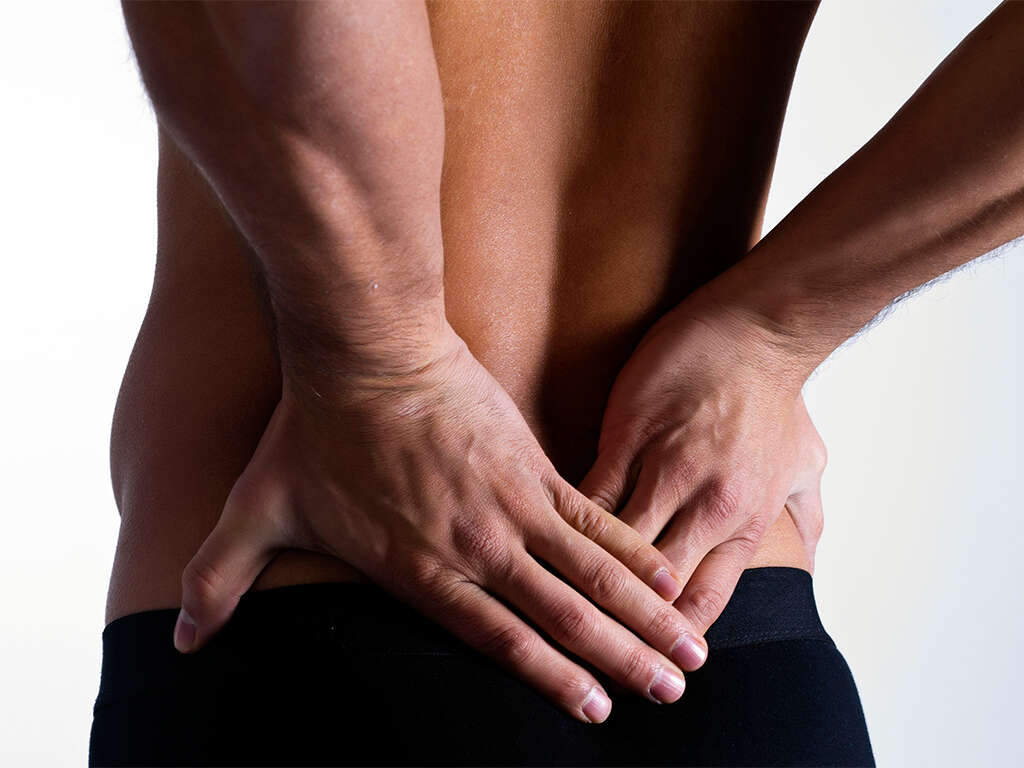
Symptom #1: Abdominal Pain
It should come as no surprise that IBS is associated with abdominal pain, and it is among the most commonly experienced symptoms of the condition. The pain is mainly felt in the lower part of the abdomen and may be more noticeable shortly after they have eaten.
The pain that is caused by IBS can be short-lived or, in some cases, it may last for hours. They can range from being mildly unpleasant to downright debilitating. The symptoms may be relieved after a bowel movement.

Symptom #2: Constipation
A person is considered to be constipated when their bowels move fewer than 3 times a week. This results in harder stools which can be harder to pass. Constipation associated with IBS can also be quite painful.
When IBS leads to constipation, the sufferer may also get the sensation of not having completed their bowel movement. Drinking plenty of water, changing your diet and exercising may help to overcome constipation. Eating yogurt may also help as it contains probiotics that encourage a healthy digestive system.
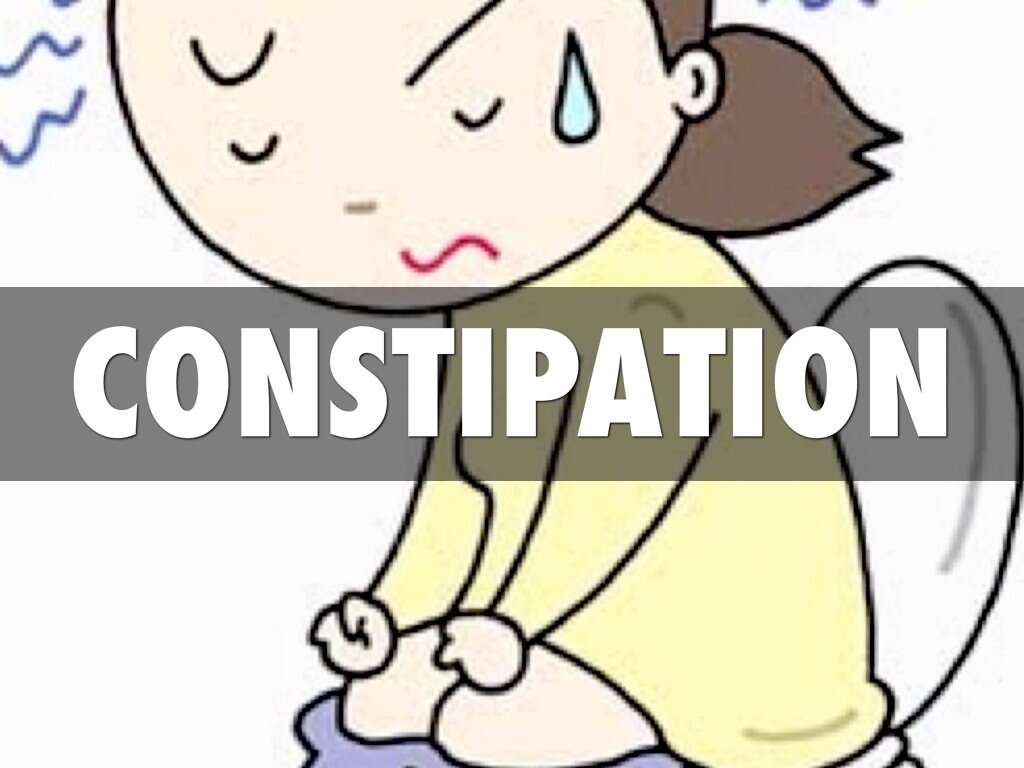
Symptom #3: Diarrhea
While diarrhea may be considered to be the opposite of constipation, it is another very common symptom in IBS. Some sufferers may even switch between suffering from one or the other. People with IBS that suffer from diarrhea are likely to experience bowel movements more frequently.
The need for a bowel movement can also come on suddenly, making for some potentially embarrassing situations. If you are suffering from episodes of diarrhea and constipation, you should seek medical attention for a proper diagnosis.
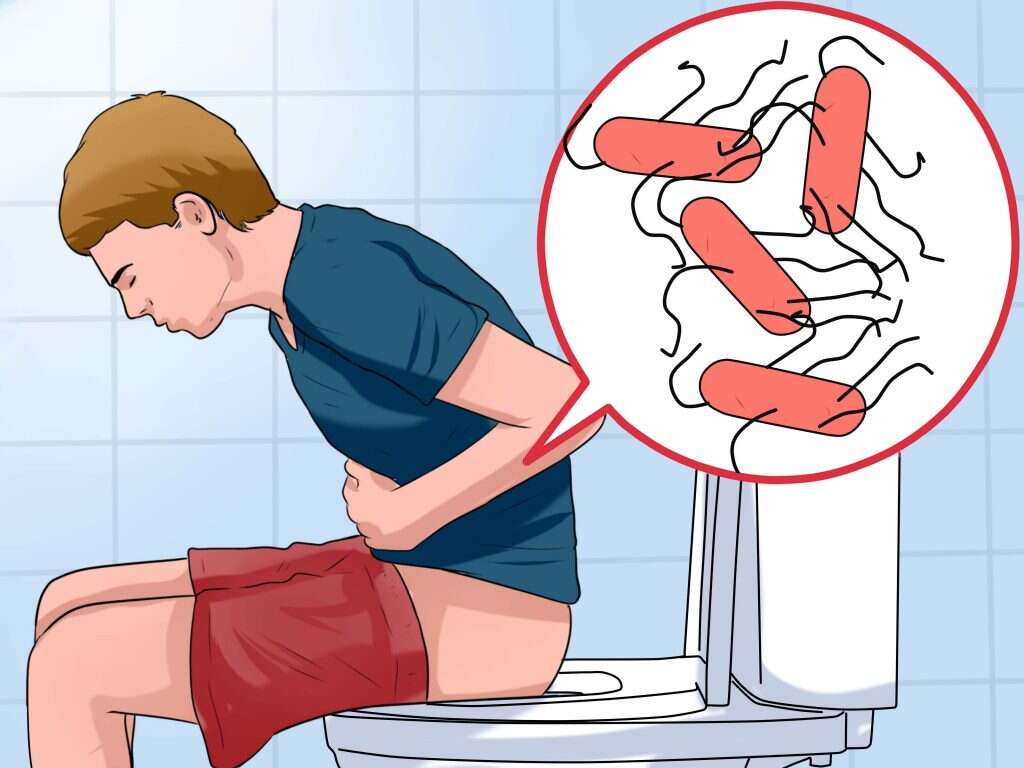
Symptom #4: Gas
The process of digesting our foods creates gas as a by-product. Usually, this gas is passed with little problem, but in IBS the production of gas can be significantly higher. With more gas in the gastrointestinal tract, the abdomen can become quite bloated, and this can lead to cramps and discomfort.
One way to reduce the effects of gas and bloating is to try to avoid foods that are particularly likely to lead to high gas production. If the condition is particularly uncomfortable, a doctor may be able to prescribe something that will help to ease the symptoms.

Symptom #5: Mucus in Stool
While inspecting your stool is something that most of us will be reluctant to do, it could reveal some information that can be quite useful. Even in a cursory inspection, you might notice that there is mucus in your stool, and this is something that should be taken seriously.
Many conditions may cause mucus to appear in your stool, therefore, you should seek medical attention for proper diagnosis of the underlying condition that is causing this symptom.
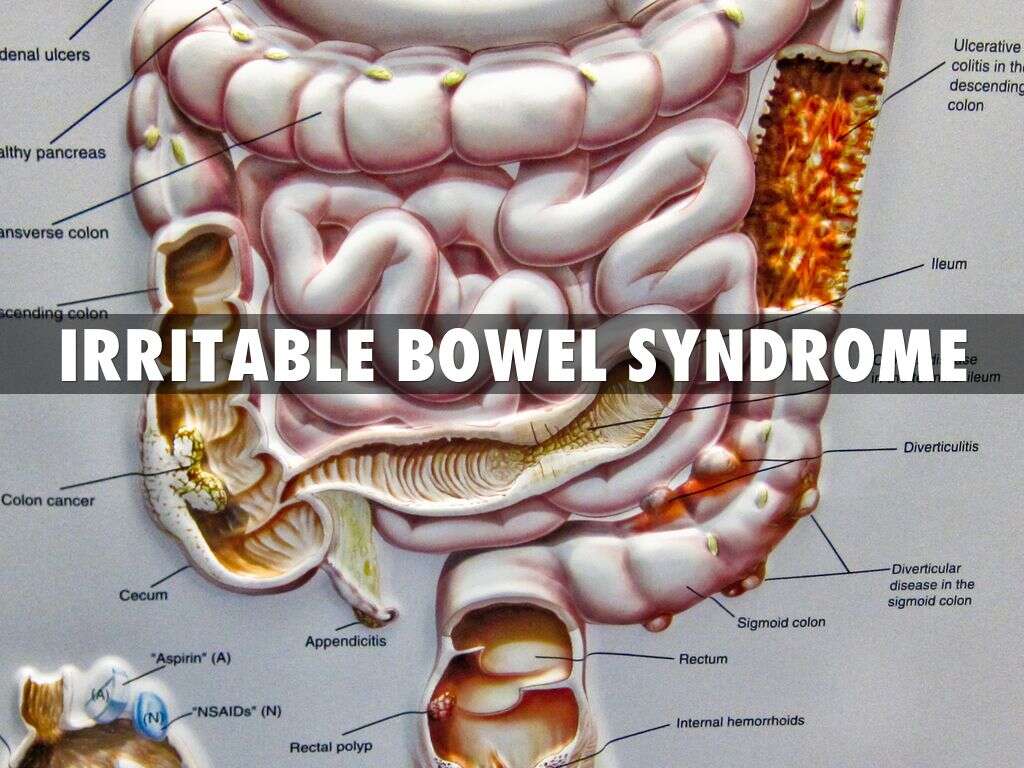
Symptom #6: Intolerance to Food
Most of us will have certain foods that we need to keep clear of to avoid an upset stomach. Spicy foods in particular can lead to some discomfort, although which foods affect us will depend from person to person. For people with IBS, the range of food that can lead to an upset stomach tends to be significantly greater.
If you do suffer from an upset stomach after eating, you may need to systematically work out which foods are triggers and which are not. Once you know which foods to keep clear of, you can try to eliminate them from your diet to help reduce problems.
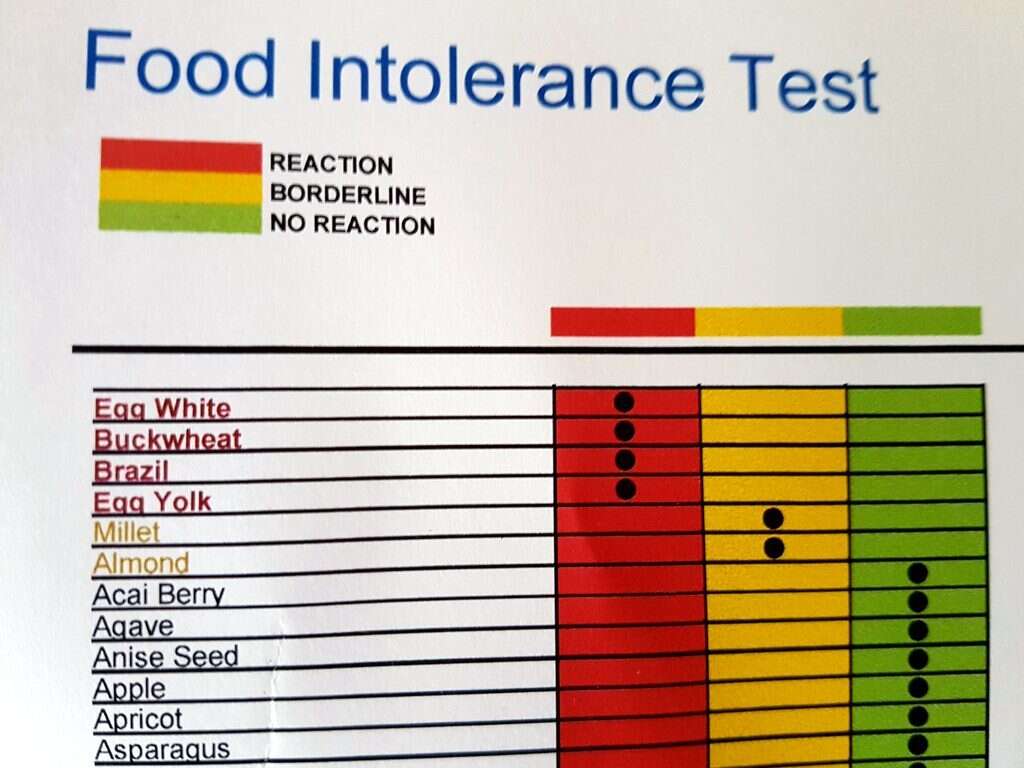
Symptom #7: Fatigue
Stomach pains can be bothersome no matter what time of day it is, although they can be considerably more inconvenient at night. Trying to sleep with an upset stomach and other symptoms such as diarrhea can be very difficult. As a result, sufferers of IBS will often struggle to sleep, and will often feel fatigued.
This tiredness and fatigue can have quite an impact on peoples’ lives. They can struggle at work, in social situations and they can also struggle to interact with other people. Speak with a doctor and they may be able to help relieve the discomfort at night to help you sleep, which might even mean you can wake up feeling fresh in the morning.

Symptom #8: Nausea
Patients suffering from IBS may feel nausea from time to time.
This symptom is associated with foods that are known to cause discomfort to the patient (trigger foods). The abdominal bloating seen on these patients also contributes to the appearance of this symptom.

Symptom #9: Reduced Libido
IBS tends to place enough of a strain on relationships as it is. It can make socializing very difficult for sufferers and making friends and forming relationships can be a challenge. Unfortunately, it can also put a strain on existing relationships, including those of a more intimate type.
IBS tends to affect sufferers throughout the day, and throughout the night. They tend to feel fatigued and have other symptoms that affect the mood, so it’s no surprise that they are less likely to be feeling amorous. If you are having this symptom, you should talk to your doctor to evaluate possible ways to overcome this condition.

Symptom #10: Weight Loss
Weight loss is a common symptom associated with IBS. It is usually seen in patients before the diagnosis as they struggle with diarrhea without knowing the cause.
The weight loss seen on these patients is not very drastic and usually occurs over time. If you are losing weight without a clear reason, you should seek medical attention for a proper diagnosis.






